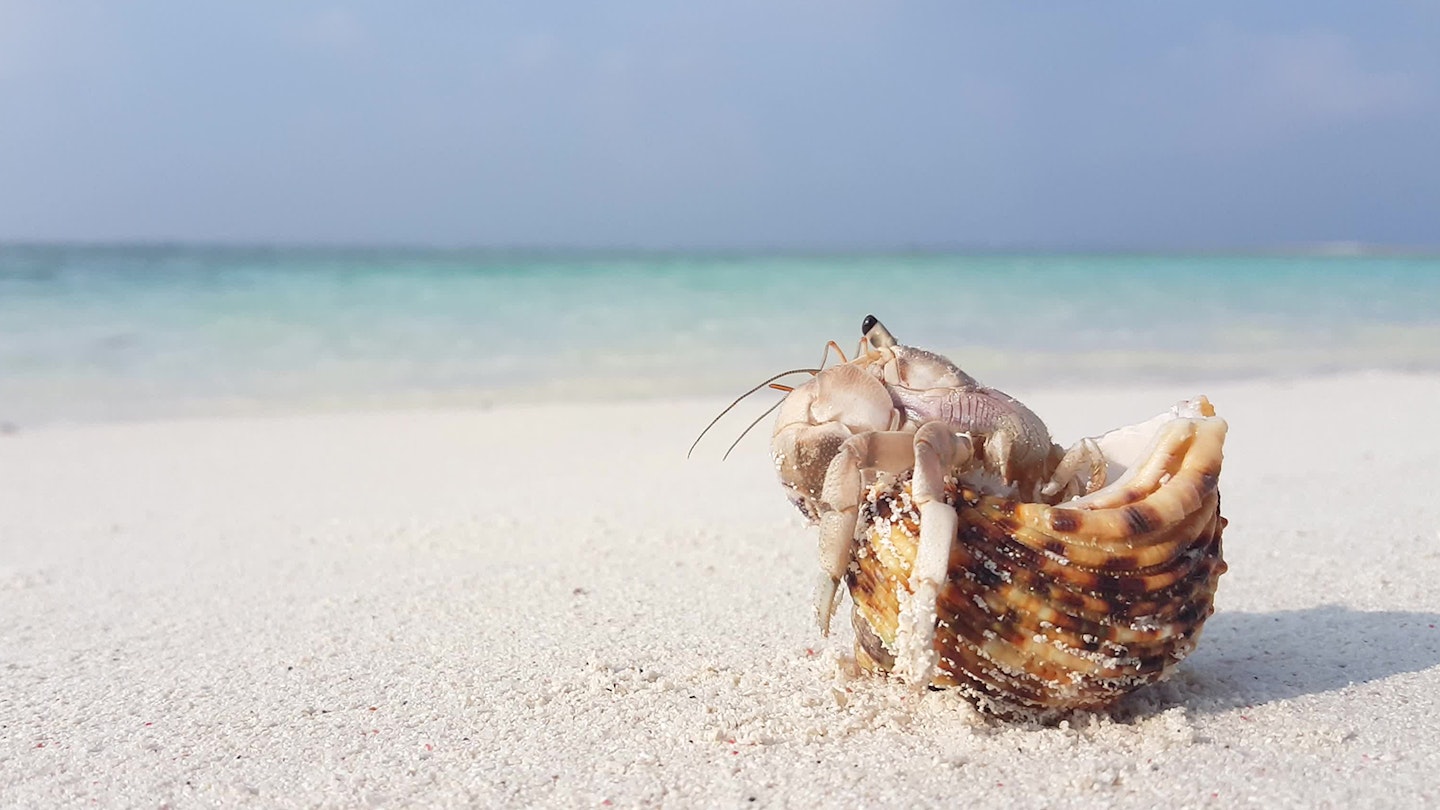Embrace Your Inner Science Geek on Your Travels
Pop quiz: does peering through a telescope at distant stars sound like a fun night out? Would you rather examine giant sloth fossils than relax on the beach? And when you’re at the beach, would you prefer to follow hermit crabs and peer in tide pools instead of working on a tan? If you answered ‘yes’ to any of these questions, you might just be a science geek traveler.
Know Your Niche
It doesn’t matter if your interest is spotting tropical dragonflies, pressing wildflowers, hunting geodes, or even strumming ukuleles – there’s a travel rule that applies to geeks of all stripes: pursuing narrow interests will broaden your experience.
Approach a destination with your unique lens, and you’ll see what others may overlook. Bringing your obscure expertise and peculiar passions (and possibly a portable microscope) will allow you to experience a side of a place tailored just for you. Connecting with fellow niche enthusiasts can further enrich your journey.
Find the High Point
The view, the challenge, the bragging rights—people climb mountains for numerous reasons. For science geeks, climbing offers a unique opportunity to observe environmental changes as you ascend. Whether transitioning from mangroves to cloud forest or desert to alpine terrain, this experience provides valuable insights into both the environment and the local culture.
Few travelers venture outside the city to Thailand’s highest point in Doi Inthanon National Park (2565m). You can be dining on iced tea on the busy streets of Chiang Mai’s Old City, and just over two hours later find yourself in a cool cloud forest where serene waterfalls and a hot cup of coffee await.
Go Behind Closed Doors
The sad truth is that museums feature only a tiny fraction of their collections to the public. Behind locked doors lies a wealth of untold stories and treasures.
London’s Natural History Museum catalogs some 80 million specimens not on display. Fortunately, these exhibits aren’t permanently hidden—the museum offers seasonal behind-the-scenes tours that reveal historical artifacts and fascinating insights.
Get Your Hands Dirty
Science isn’t just something you observe in museums; it’s an activity you can actively pursue while traveling. No matter where you are, there are ways to get your fix, whether it’s exploring local flora with a hand lens or comparing the night sky with your view at home.
Join a bioblitz, a citizen-science event aimed at recording as many species as possible from a specific location. This is a fantastic way to meet local naturalists and enrich your understanding of regional ecosystems.

Be a Good Field Assistant
Scientific expeditions are rarely solo endeavors; they often involve multiple researchers working on different studies. The success of these ventures depends on having reliable collaborators who support each other’s pursuits. You can apply this principle to your travels, too.
For instance, if you made your companions stay up late to kayak out and witness the unique bioluminescence of Jamaica’s Glistening Waters lagoon, it’s only fair to follow their interests on your trip. Embracing their passions can lead you to unexpected adventures and memorable experiences.





